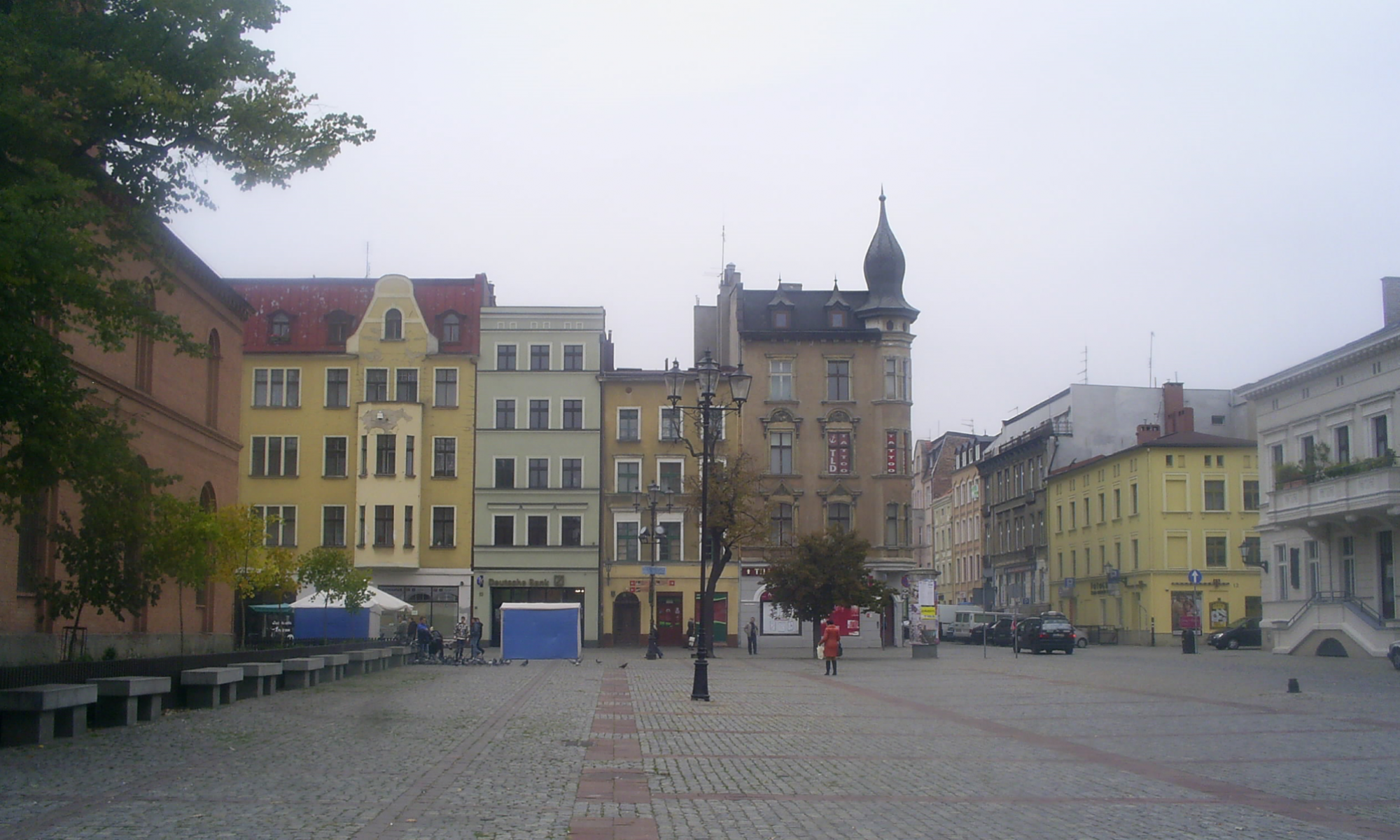Europa Nostra’s publications cover a range of topics on European cultural heritage, raising awareness among local, national and European authorities and the general public.
ICOMOS ISC20C Initiates H2020 InnovaConcrete Program on the Conservation of Concrete
InnovaConcrete is an innovative and ambitious project that aims at preserving concrete-based monuments, the most significant, tangible, Cultural Heritage (CH) in the 20th Century.
Find the prospectus for the program here.
Scottish Lime Centre Trust Issues Technical Paper 28 – Specifying Hot-mixed Mortars
Here is Technical Paper 28 on specifying hot-mixed lime mortars written by our very own Director, Roz, commissioned by Historic Environment Scotland (HES). Click on the link here to read a digital copy hot off the ‘press’!
Historic England Announces 3rd Edition of ‘3D Laser Scanning for Heritage’
The third edition of the Historic England (HE) technical guidance document “3D Laser Scanning for Heritage” is now available for download from the HE website at https://historicengland.org.uk/images-books/ publications/3d-laser- scanning-heritage/. This free publication provides advice and guidance on the use of laser scanning in archaeology and architecture. By reflecting on the recent technological advances in laser scanning and its integration with other sensor solutions, the guidance presented in this third edition should assist cultural heritage professionals, unfamiliar with the approach, in making the best use of this highly developed technique.This document forms the latest in the series of technical guidance produced by Historic England (https://historicengland.org.uk/advice/technical-advice/). Aimed at anyone working on heritage projects this provides practical guidance on surveying, managing and caring for historic buildings and their settings as well as specialist techniques for investigating heritage (https://historicengland.org. uk/advice/technical-advice/ recording-heritage/).
Commercial UAV Expo Europe Announces Keynotes
Commercial UAV Expo Europe, running 10-12 April, 2018 in Amsterdam, The Netherlands, announces Keynotes. See the full program and presenters here.
Approaches to the Conservation of Islamic Cities: The Case of Cairo – ICCROM
This book examines in depth the conservation history of a pearl of Islamic built heritage, the historic city of Cairo, to offer guidelines for cultural heritage professionals and students. The author, Hossam Mahdy, a former ICCROM fellow, presents an alternative view of the relationship between Islam and heritage, asserting that is a tenet of every Muslim’s faith and outlook to hold a deep respect for heritage. The author’s nuanced conservation history of Cairo traces Western and Islamic views that over time have given rise to decision-making frameworks with varying effects on the local communities. The book offers approaches to understanding the complex reality in Islamic cities today and the different layers of meanings, factors and stakeholders, explaining why measures that have successfully worked in some contexts do not work in Cairo and other Islamic cities. In support of this, he applies a range of conservation theories to resolve the hypothetical conservation of a medieval Islamic gate structure in a modern city setting. The exercise is designed to help conservation specialists think through the possibilities for sites, in full awareness of the cultural and other assumptions that underlie those decisions.
Download Here
ICOMOS-UK has a new Wood Committee
Material Considerations – A&DS Materials Library
Visit Architecture & Design Scotland’s Materials Library website, a library of sustainable building materials.
H4PE International Photo Contest – Vote January!
The January edition of H4PE contest is concluded, but we are just getting started: now it’s time to Vote. Votes are open from February 1 to 15.

